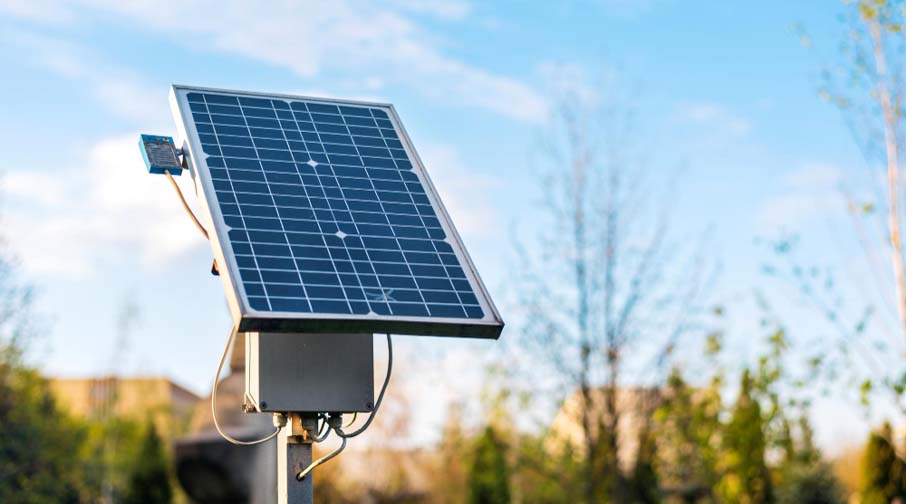
Designing a reliable solar energy system requires more than just choosing panels and batteries. The true backbone of system stability lies in balancing the solar panel output with the correct charger and controller capacity. This balance ensures safe charging, prevents component stress, and maximizes solar charging performance. Whether you’re building a hybrid, off-grid, or on-grid system, proper solar charge controller sizing is essential for long-term efficiency and system safety.
Understanding Why Output Balancing Matters
Solar panels rarely produce the same output every day. Variations in temperature, shading, irradiance, and seasonal changes affect real-world generation. Without accurate solar charge controller sizing, the controller may become overloaded, and battery health may decline due to improper charging cycles.
Optimizing the relationship between panel output and controller capacity leads to improved solar charging performance by ensuring that the system manages voltage and current surges safely during peak sunlight hours.
Key Parameters That Affect Balancing
Before selecting a charger or controller, review these essential electrical factors:
Panel Voltage (Voc, Vmp):
Voc is the no-load voltage, and Vmp is the operating voltage. These values determine whether the controller can safely handle the panel’s maximum voltage in all conditions.
Panel Current (Imp, Isc):
Imp represents current at maximum output, while Isc is the short-circuit current and must include a safety margin. Correct current calculations are crucial for accurate solar charge controller sizing.
Battery Bank Voltage & Chemistry:
System voltage (12V/24V/48V) dictates controller compatibility. Lithium batteries need controllers with dedicated charging profiles to ensure strong solar charging performance and a longer lifespan.
How to Size the Controller
- Calculate max current: Max = Imp × parallel strings × 1.25
- Match voltage ratings for panels and batteries.
- Choose MPPT for better efficiency.
These steps ensure reliable solar charge controller sizing and optimized solar charging performance.
Different System Types
Hybrid: Requires proper solar charge controller sizing for smooth power switching, safe charging, and consistent performance, with high solar charging performance since solar, grid, and batteries work together.
Off-Grid:: Depends entirely on solar, so a correctly sized controller is essential for stable power, battery protection, and reliable autonomy, making strong solar charging performance critical without grid backup.
On-Grid:: Uses controllers only when batteries are included; good solar charge controller sizing prevents spikes, ensures accurate charging, and improves overall solar charging performance for longer system life.
Balancing solar panel output with the right controller capacity protects your system and improves long-term efficiency. With accurate solar charge controller sizing and consistent solar charging performance, hybrid, off-grid, and on-grid systems operate smoothly and safely.
